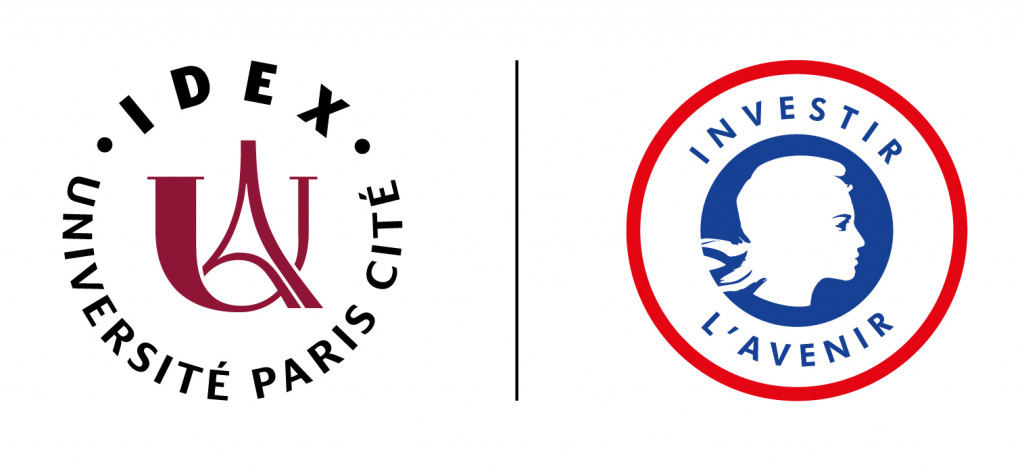Bruno PALIER
Directeur de recherche CNRS en sciences politique au CEE, Sciences Po
Directeur du LIEPP de 2014 à 2020
CNRS Director of research in Political Science at CEE, Sciences Po
Director of LIEPP from 2014 to 2020
Bruno Palier a été directeur du Laboratoire interdisciplinaire d'évaluation des politiques publiques (LIEPP) de septembre 2014 à juillet 2020. Directeur de recherche du CNRS à Sciences Po (CEE), il est docteur en science politique, agrégé de sciences sociales et ancien élève de l’école normale supérieure de Fontenay Saint Cloud.
Il travaille sur les réformes des systèmes de protection sociale en France et en Europe, et conduit plusieurs projets de recherche sur: les politiques d’investissement social, l’européanisaiton des réformes de la protection sociale, les dualisations sociales en Europe. Il a été Guest Professor à l'Université de Stockholm au printemps 2009, Visiting Scholar à l’Université Northwestern au printemps 2007 et au Center for European Studies de l’Université Harvard en 2001, et Jean Monnet Fellow à l’Institut Universitaire Européen de florence en 1998-1999. Il est honorary Professor of Welfare State Reseach à l’université d’Odense, South Denmark.
Il a été entre 2005 et 2011 le coordinateur scientifique du réseau d’excellence européen RECWOWE (impliquant 29 institutions de recherche, 190 chercheurs, 19 pays européens). Il a organisé entre 1994 et 1998 le programme de comparaison des systèmes de protection sociale en Europe de la MIRE (Ministère de l’emploi et de la solidarité), a été membre du comité de gestion du programme européen Cost A15 : « reforming social protection systems in Europe ».
Publications récentes :
Silja Häusermann, Julian L. Garritzmann, and Bruno Palier, The Politics of Social Investment. a global theoretical framework (open access), in The World Politics of Social Investment (volume I) : Welfare States in the Knowledge Economy, Oxford University Press, 2022.
Caroline de la Porte and Bruno Palier, The Politics of European Union’s Social Investment Initiatives (open access), in The World Politics of Social Investment (volume I) : Welfare States in the Knowledge Economy, Oxford University Press, 2022.
Silja Häusermann, Julian L. Garritzmann, and Bruno Palier, The Politics of Social Investment in the Knowledge Economy: Analytical Insights from a Global Comparison (open access), in The World Politics of Social Investment (volume I) : Welfare States in the Knowledge Economy, Oxford University Press, 2022.
Bruno Palier, Julian L. Garritzmann, Silja Häusermann, and Francesco Fioritto, How Democracies Transform Their Welfare States: The Reform Trajectories and Political Coalitions of Inclusive, Stratified and Targeted Social Investment Strategies in Capitalist Democracies (open access), in The World Politics of Social Investment (volume II) : The Politics of Varying Social Investment Strategies, Oxford University Press, 2022.
Bruno Palier was the director of the Laboratory for Interdisciplinary Evaluation of Public Policies (LIEPP) from September 2014 to July 2020. He is CNRS Researcher at Sciences Po (Centre d’études européennes). Trained in social science, he has a PHD in Political science, and is a former student of Ecole Normale Superieure.
He is studying welfare reforms in Europe, and is currently conducting various comparative projects: on social investment policies, on social dualisations in Europe, on europeanisation of welfare reforms, and on the politics of welfare reforms in Continental Europe. He was Guest Professor at Stockholm University (Spring 2009), and Visiting Scholar at Northwestern University (Spring quarter 2007), at Center for European Studies from Harvard University in 2001 and Jean Monnet Fellow in the European University Institutein Florence in 1998-1999. He is Honorary Professor of Welfare State Research at Odense University, South Denmark.
He is currently the scientific coordinator of an European Network of excellence RECWOWE (Reconciling Work and Welfare, involving 29 European research institutions or Universities, 190 researchers from 19 European countries). In Sciences po, he is the director of a joint programme Sciences po Northwestern University : “Health Policy in Europe”.
Between 1994 and 1998, he has organised for the French Ministry of Social Affairs a programme called “Comparing Welfare systems in Europe”. Between 1999 and 2005, he launched and took part in the management of an European Cost programme (Cost A15) : « reforming social protection systems in Europe ».
NEW :
Silja Häusermann, Julian L. Garritzmann, and Bruno Palier, The Politics of Social Investment. a global theoretical framework (open access), in The World Politics of Social Investment (volume I) : Welfare States in the Knowledge Economy, Oxford University Press, 2022.
Caroline de la Porte and Bruno Palier, The Politics of European Union’s Social Investment Initiatives (open access), in The World Politics of Social Investment (volume I) : Welfare States in the Knowledge Economy, Oxford University Press, 2022.
Silja Häusermann, Julian L. Garritzmann, and Bruno Palier, The Politics of Social Investment in the Knowledge Economy: Analytical Insights from a Global Comparison (open access), in The World Politics of Social Investment (volume I) : Welfare States in the Knowledge Economy, Oxford University Press, 2022.
Bruno Palier, Julian L. Garritzmann, Silja Häusermann, and Francesco Fioritto, How Democracies Transform Their Welfare States: The Reform Trajectories and Political Coalitions of Inclusive, Stratified, and Targeted Social Investment Strategies in Capitalist Democracies (open access), in The World Politics of Social Investment (volume II) : The Politics of Varying Social Investment Strategies, Oxford University Press, 2022.










